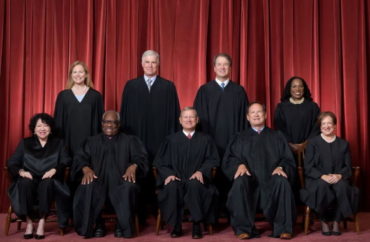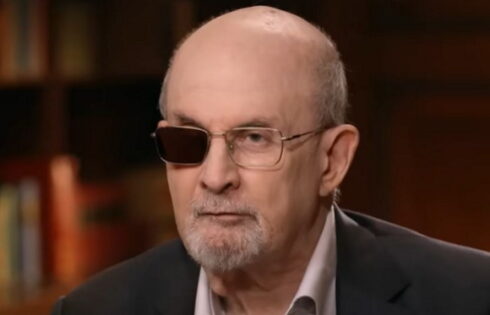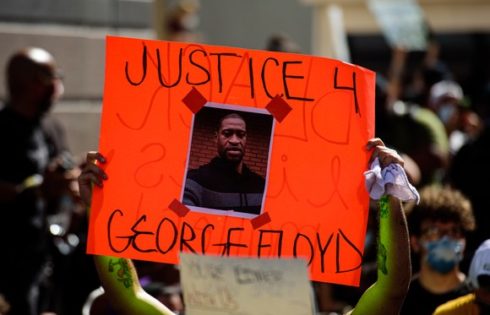
The Supreme Court struck down a major initiative of the Biden administration
The Supreme Court of the United States struck down President Joe Biden’s executive order bailing out some student loan borrowers.
President Biden sought to use the 2003 HEROES Act, a 9/11-era law, to assert his power to bailout some borrowers, citing the coronavirus as an “emergency” that justified the Department of Education’s waiver of payment.
“The text of the HEROES Act does not authorize the Secretary’s loan forgiveness program,” Chief Justice John Roberts wrote in the majority opinion in Biden v. Nebraska.
The six conservative justices ruled that Missouri had standing to challenge the law and that President Biden’s $469 million bailout could not be legally justified under the HEROES Act.
“In sum, the Secretary’s comprehensive debt cancellation plan is not a waiver because it augments and expands existing provisions dramatically,” Chief Justice Roberts wrote, dismissing the argument from Secretary of Education Miguel Cardona.
A unanimous court, in an opinion written by Justice Samuel Alito, ruled that two borrowers did not have standing to challenge the program.
The court’s three liberal justices dissented in Biden v. Nebraska.
Justice Elena Kagan wrote a dissenting opinion where she said that the Supreme Court “exceeds its proper, limited role in our Nation’s governance.”
“The Secretary, that is, could give the relief that was needed, in the form he deemed most appropriate, to counteract the effects of a national emergency on borrowers’ capacity to repay,” Justice Kagan said, citing the 2003 law. “That may have been a good idea, or it may have been a bad idea. Either way, it was what Congress said.”
Justice Kagan noted that two secretaries of education in two administrations had both used the HEROES Act. She wrote:
The first suspended loan repayments and interest accrual for all federally held student loans. The second continued that policy for a time, and then replaced it with the loan forgiveness plan at issue here, granting most low- and middle-income borrowers up to $10,000 in debt relief. Both relied on the HEROES Act language cited above. In establishing the loan forgiveness plan, the current Secretary scratched the pre-existing conditions for loan discharge, and specified different conditions, opening loan forgiveness to more borrowers. So he “waive[d]” and “modif[ied]” statutory and regulatory provisions and applied other “terms and conditions” in their stead. That may have been a good idea, or it may have been a bad idea. Either way, the Secretary did only what Congress had told him he could.
She concluded that the decision “overrides the combined judgment of the Legislative and Executive Branches, with the consequence of eliminating loan forgiveness for 43 million Americans.”
The bailout had faced legal questions prior to and after its announcement on August 24, 2022.
Biden’s administration scaled back the plan within a month, facing legal questions and challenges. He removed borrowers with federal student loans owned by private entities from those who were allowed to have their debt wiped away.
Former Speaker of the House Nancy Pelosi had previously stated that President Biden did not have the power to bailout student loan borrowers on his own.
While Biden can “postpone” student loan “forgiveness,” the action would require an “act of Congress,” Pelosi said in July 2021.
MORE: Student loan pause led to higher personal debt
IMAGE: Steven Frame/Shutterstock
Like The College Fix on Facebook / Follow us on Twitter






Please join the conversation about our stories on Facebook, Twitter, Instagram, Reddit, MeWe, Rumble, Gab, Minds and Gettr.